Asheville Police Chief David Zack submitted his resignation on Dec. 15, according to Kim Miller, the city’s communication specialist.


Asheville Police Chief David Zack submitted his resignation on Dec. 15, according to Kim Miller, the city’s communication specialist.
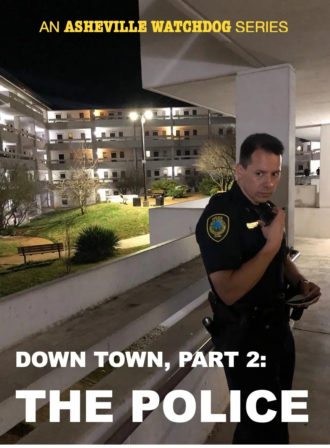
Today, Asheville Watchdog continues its series Down Town, with an examination of the impact of a diminished police force especially downtown, where — as The Watchdog reported in Part 1 — merchants and residents have complained of increased break-ins and shoplifting, of human waste and needles in doorways, and of aggressive panhandlers.
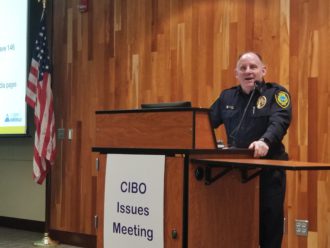
Asheville Police Department Chief David Zack and Vice Mayor Sandra Kilgore filled in the Asheville-based trade group Jan. 6 about the city’s recent efforts to address dozens of vacancies among the APD’s patrol staff.
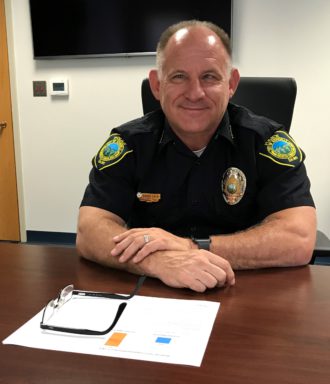
Response times rose from an average of 8.2 minutes for the highest-priority calls in the 12 months before the shift — which had the Asheville Police Department no longer send officers to the scenes of certain minor crimes — to 9 minutes in the 12 months after.

During its June 22 meeting, Asheville City Council voted 6-1 to approve the $201.67 million operating budget for fiscal year 2021-22, which includes an effective property tax increase of 2 cents per $100 in valuation and $8.7 million in new spending. Kim Roney was the sole vote against the budget, arguing that the tax increase would harm poorer residents.

“Whether you’re a private entity or are providing a public service, a 30-35% daily loss of staff is going to have a major impact on operations,” says Asheville Police Chief David Zack. “I think we’d be hard pressed to find another agency who is dealing with as many big challenges as we are.”

“It goes without saying that the protests were unprecedented in the city and for law enforcement officers nationwide,” said Asheville Police Chief David Zack. “Never before had APD encountered a protest where the emotional intensity was directed solely at the police.”
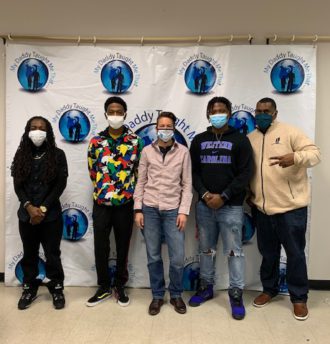
Can rising gun violence be stopped in its tracks by roughly $200,000 and dedicated community resources? Leaders from the SPARC Foundation, My Daddy Taught Me That, the Racial Justice Coalition and Umoja Health, Wellness and Justice are ready to take on the challenge.
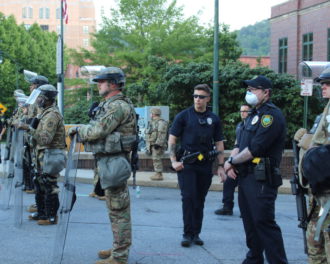
The Asheville Police Department has followed through with a number of promises Chief David Zack made in June. But the one demand residents and activists repeatedly called for — that the city divest from the APD and invest resources in Asheville’s Black community — has not been heard, some community members say.
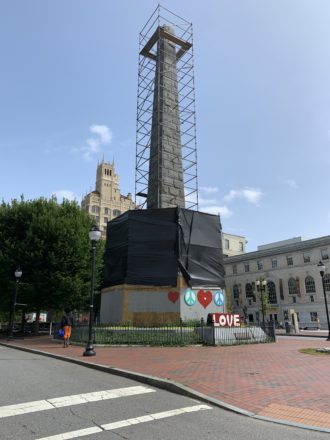
From the fate of the Vance Monument to a proposed affordable housing complex on land acquired through urban renewal, city officials move forward with longstanding projects.

Kimberlee Archie, the city’s first equity and inclusion manager, and Libby Kyles, CEO of the YWCA of Asheville, have left high-profile jobs with a mission of improving racial equity in the city within a month of each other.
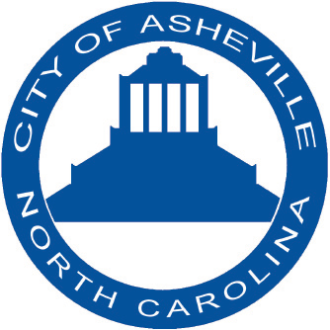
As calls continue for Asheville City Council to listen to the demands of protestors, Council members are poised to take the next step. At their meeting on Tuesday, July 14, members will vote on reparations for the Black community, a Black Lives Matter mural and a contract with a firm to investigate Asheville Police Department’s actions during recent demonstrations.

“We’ve taken to the streets to tell you what we need,” said North Asheville resident Katie Hudson. “It smacks of irony and disrespect to come forward with a proposal that you’re going to listen to people when we are actively telling you what we want right now.”

African Americans in Asheville are three times more likely than white people to be searched by police in traffic stops and are disproportionately charged with common crimes such as marijuana possession in disparities that experts in police bias called shocking, an AVL Watchdog analysis of police data found.

“It is disheartening to see the citizens of Asheville and Buncombe County subjected to daily doses of tear gas by the Asheville Police Department under the direction of new Police Chief David Zack.”
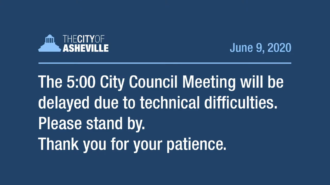
Many of the commenters during Asheville City Council’s June 9 meeting called for the resignation of Asheville Police Chief David Zack and Mayor Esther Manheimer. Many more called for the immediate defunding of the APD. The comments came at the end of a five-hour meeting held virtually and fraught with technical difficulties.
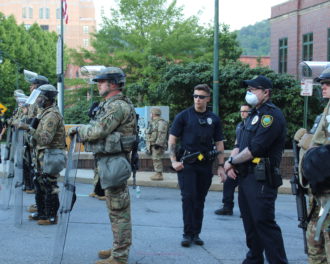
Asheville Police Chief David Zack announced his plan to restructure the department during Council’s June 9 meeting. His proposal calls for the creation of a community engagement division and an independent investigation into APD’s handling of recent protests.

A portion of City Council’s meeting on Tuesday, June 9 will be dedicated for an update on city policing. According to City Manager Debra Campbell’s proposed budget for the 2020-21 fiscal year, the APD is slated to receive $30,057,325 — an increase of $457,621, or 1.5%, from the department’s current budget.

Police chief describes strike against medic station as preemptive because water bottles have been thrown on previous nights.

ASHEVILLE, N.C.
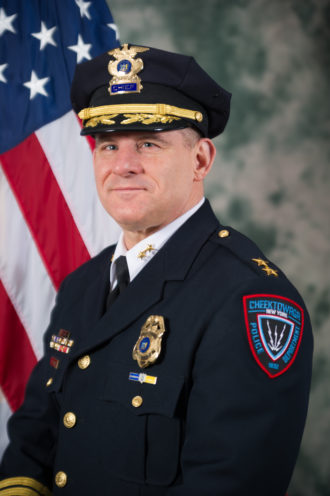
Jones previously worked as the emergency services director in Anderson County, S.C., for almost 12 years and replaces outgoing Emergency Services Director Jerry VeHaun, who announced his retirement in December after serving in that role since 1972.